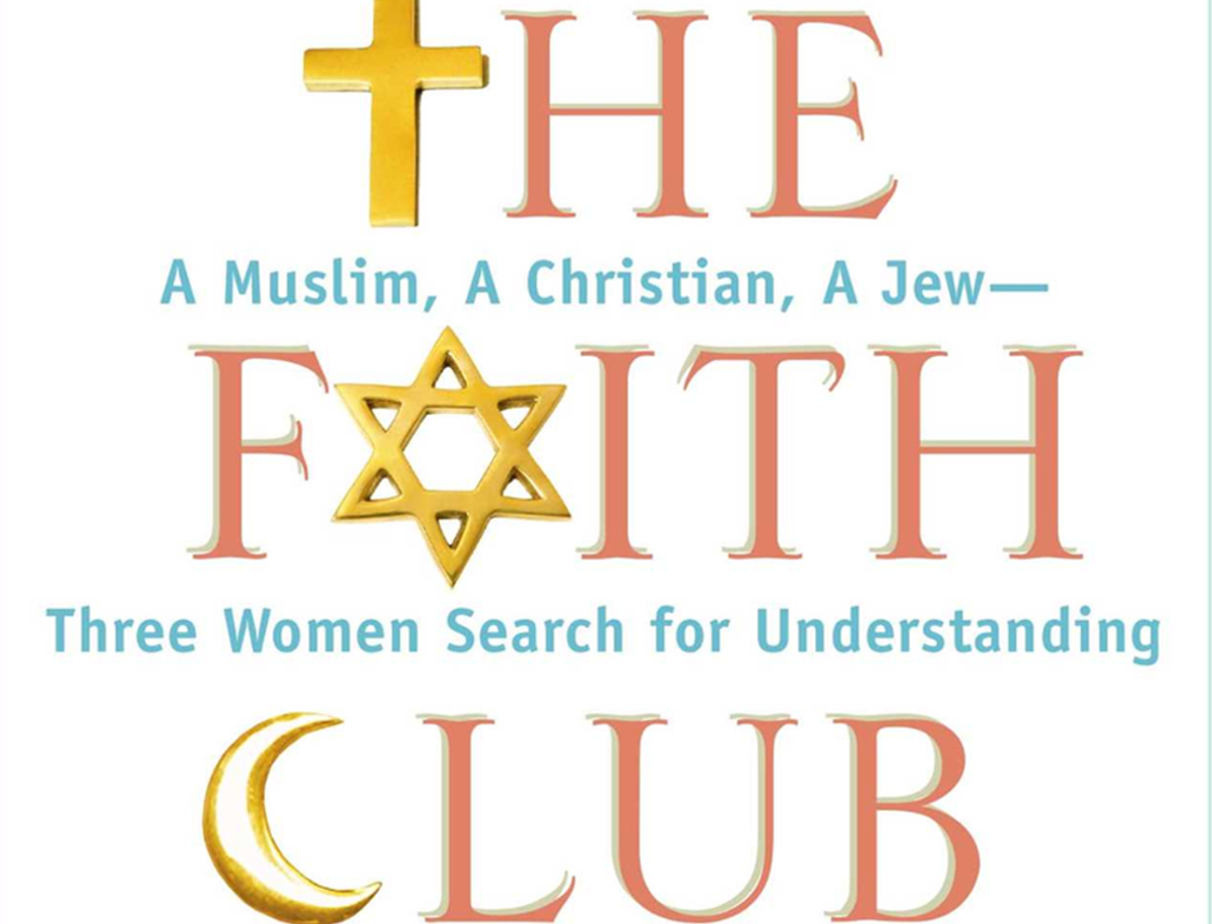Ranya, Priscilla and Suzanne – The Writers
When Priscilla started the interfaith discourse with Ranya and Suzanne, she was a proud Jew. Priscila attended the synagogue during holy days but was more or less sure about God. After the 9/11 attacks, Priscilla spiraled into a spiritual crisis. Ranya and Suzanne acted as the midwives to her faith by allowing her to see God in people’s kindness and in their children.
When Ranya started the Faith Club, she had her insecurities and doubts about Islam. Her conversations with Suzzane and Priscilla encouraged her to find a mosque that fit her needs and was able to establish her identity as a Muslim woman who does not wear a hijab. She became in-sync with Islam as a peaceful religion that she could proudly teach her kids.
Learning about other religions gives you greater clarity to your own beliefs. Over the last couple of years, The Faith Club has been on tour around America and Oman. The book, which is geared more towards group reading, has impacted numerous faith communities. In Hartford, a church library purchased 25 copies of the book to be used by members of their church. A Catholic university professor assigned The Faith Club to his students and had them reflect on their own religious tradition. In Princeton Seminary, the continuing education department would like to use The Faith Club model in curriculum design. However, the primary market for the Faith Club is women’s book clubs such as Women’s Transcending boundaries.
About the Authors
Ranya Idliby was born in Kuwait in 1965 and spent most of her early life in Dubai and McLean, VA. Idilby received her B.S. from Georgetown University and M.S. from the London School of Economics before pursuing a career as a writer. She is Muslim by religion and is married with children.
Priscilla Warner was born in 1953 and is a graduate of the University of Pennsylvania. Before joining The Faith Club, Warner worked as an advertising art director in Boston, Massachusetts. She is Jewish by religion and is married with two children.
Suzanne Oliver was born in 1987. She received her education from Texas Christian University and the Institute of European Studies before pursuing a career as a writer and editor. Suzanne has worked as an editorial assistant for Women’s Day in New York, a staff writer for Boardroom and the Financial World, senior editor at Forbes, and as managing director for SmartMoney.com. Suzanne is Episcopalian by religion and is married with three children.…
Read more →

